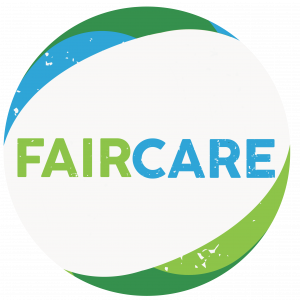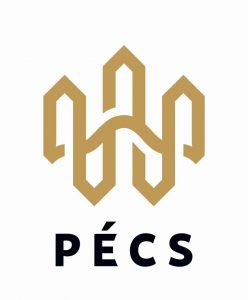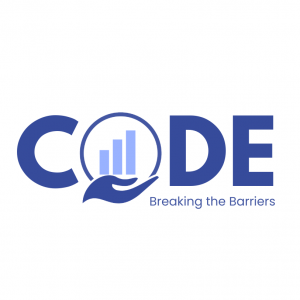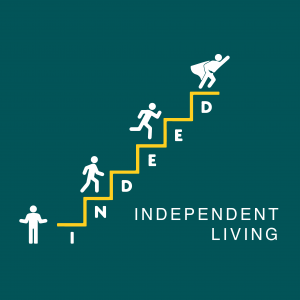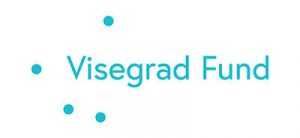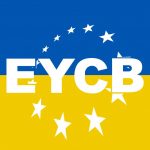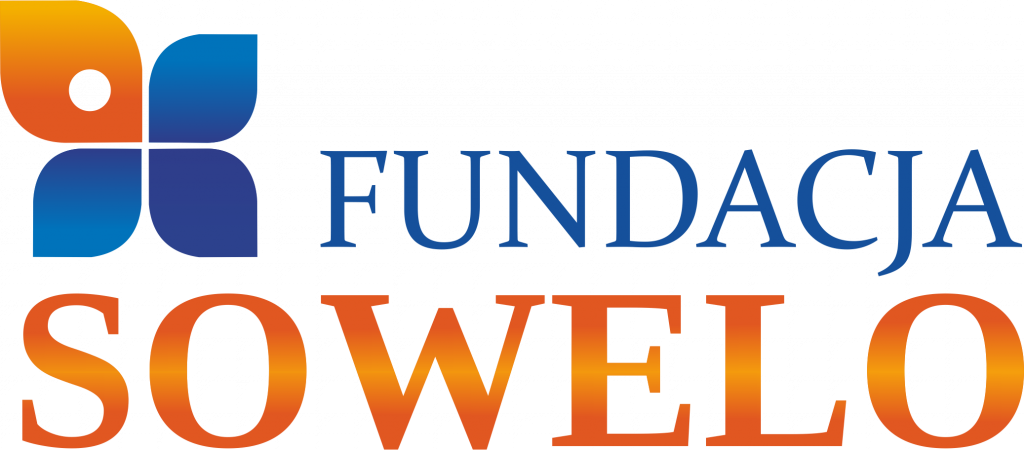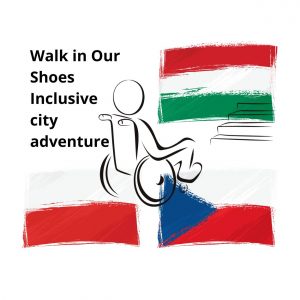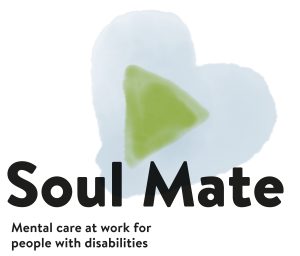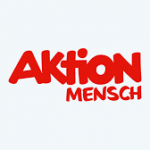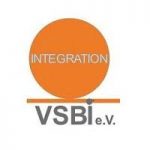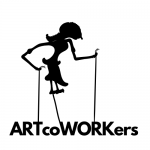Project title:
Pécs City Civil Fund 2025
Project duration:
01.12. 2025 – 30.09. 2026
Funder:
Municipality of the City of Pécs
Project summary:
Our Barrier-free Pécs Database is already well known, which, thanks to the Municipality of the City of Pécs, we can once again further develop. This time, however, we are not doing this alone, but we will involve the city’s residents, and together we will map accessible locations!
Why is there a need for a city-level accessibility database?
Because there is no list or other set of systematised information where we could find TRULY accessible locations that are regularly updated. This is why the Barrier-free Pécs Database of the People First Public Benefit Association was created in 2018, which, to our knowledge, is still (unfortunately) unique in the country in this form.
Very briefly, the most important information about the Barrier-free Pécs Database:
– it is free of charge, both the mapping and the use of the database,
– it is available in Hungarian and English,
– locations in Pécs and the surrounding area can be found in 12 categories,
– the locations are mapped by a professional team consisting of the affected people themselves,
– it is not marketing and not a judgement, only location descriptions, which, however, are detailed, with many photos. So that everyone can decide for themselves whether a given location is suitable for them,
– all of this provides people with disabilities, People First members, with job opportunities and valuable opportunities for social participation.
(Yes, the question may rightly arise: why does a 2025 project start in 2026? The answer can be interpreted on a much larger scale. Let it suffice to say that the current economic-political environment has resulted in some delays in the calls for PVCK projects. But it has happened, and we are happy about it! We are also looking forward to the 2026 call.)
Goal:
Ensuring predictability and developing accessible tourism, thereby making Pécs exemplary.
This time we would like to involve and mobilise the city’s residents as well. We thought that in the first round we would build on an active target group, therefore we are involving university students and university employees. The faculties of the University of Pécs can be found at numerous points in the city, thus they practically cover all districts.
If we feel that this type of joint thinking and joint work works well, then in a subsequent application we would like to activate another urban target group in a similar way, and at the same time raise awareness of the importance of accessibility.
How does the project work?
University students and university employees mark locations where the university, the dormitory, their surroundings, and access to the university (pedestrian crossings, pavements, bus stops, etc.) are not accessible with the stickers provided by us. They photograph the sticker placed at the location and send the description of the location to our association. Following documentation, the sticker must be removed from the place where it was affixed. Depending on the reported problem, our association maps the location and uploads it to the Barrier-free Pécs Database and/or forwards it to Jarokelo.hu, and/or notifies the competent management of the university.
In this way, we raise awareness among the city’s residents about the need for accessibility, and we aim to strengthen responsibility-taking, community identity, local commitment, and the sense of “being from Pécs” among those studying, living, and working here.
WHAT are we planning? – strengthening local community identity and participation, developing the nationally unique Barrier-free Database, and improving accessibility in Pécs.
WHY are we doing this? – because we consider social awareness-raising, understanding and spreading the importance of accessibility to be necessary. Strengthening inclusive thinking among the residents of Pécs is very important in today’s local society. Pécs is at the forefront in this, therefore there is a base on which we can build.
WHERE is the project implemented? – in Pécs, at the university locations of the University of Pécs (faculties, dormitories, pedestrian crossings leading there, pavements, bus stops).
FOR WHOM and WITH WHOM do we work together? – with students and employees of the University of Pécs, the university management, its Support Service, the Pécs team of Jarokelo.hu, the competent organisations, and partner organisations. All of this is coordinated by the expert team of the People First Public Benefit Association.
HOW is the project implemented exactly? – our goal is to launch an exemplary, best-practice programme. Our association provides the stickers and publishes a call in online media, among its partners, and at the University of Pécs on posters and other university channels. University citizens report non-accessible locations in the manner described above – we specifically draw attention to the obligation to remove the stickers for environmental protection reasons – document them and send the description, address and photo to our association. Our association analyses the problem and decides whether to forward it to the competent authority or to the university. If the reported accessibility problem can be resolved, the already accessible location will be presented in our Barrier-free Pécs Database.
As an incentive, we offer a gift (cinema tickets) to the three people who submit the most locations.
Target groups:
The residents of the city of Pécs. As this would be a huge target group and our association would not be able to manage the incoming information, we initially chose an active, easily involved group committed to social inclusion: students and employees of the University of Pécs. This population represents a significant proportion of Pécs’s residents, as we are talking about the city’s largest employer and approximately 25.000 students.
The evaluation and mapping are carried out by our professionally trained team consisting of people with disabilities. Their involvement provides them with employment opportunities, increased self-esteem and strengthened social participation, resulting in a valuable contribution to the development of Pécs.
Our target group in terms of accessibility is very broad: people with disabilities, elderly people, families with prams, and EVERYONE for whom accessibility makes life more comfortable.
Results and impact of the project:
The long-term result of the programme is social awareness-raising, making Pécs exemplary, providing a new way of thinking as a best practice, and involving residents through an innovative method, thereby encouraging active citizenship.
In addition, drawing the attention of the University of Pécs to the accessibility-based development and correction of some of its locations, some of which will certainly require longer-term investment, and therefore have a prolonged impact.
Students and employees of the University of Pécs become acquainted with a new approach, which, according to our experience, becomes part of their way of thinking and has a multiplying effect. Thus, raising their awareness towards social issues – especially accessibility – will have a long-term impact.
The Barrier-free Pécs Database will become even more widely known locally and, with a multiplying effect, among the wider public, will expand with new locations, which help people with disabilities, elderly people and everyone for whom accessibility results in a more comfortable life, by presenting TRULY accessible locations. At the same time, it has a strong positive impact on the city marketing of Pécs.
New locations will be added to the Barrier-free Pécs Database, which greatly contributes to making Pécs more attractive and to the domestic development of accessible tourism.
Sustainability of the project:
In cooperation with the city, our database is part of the https://pecs.hu/ website.
We would be glad if the city leadership, city-owned companies, and the residents were proud that such an initiative exists in Pécs, and that more and more people used and recommended it.
If we experience active participation in the current project, in the future we would like to further develop the Barrier-free Pécs Database in a similar, joint, interactive form.

